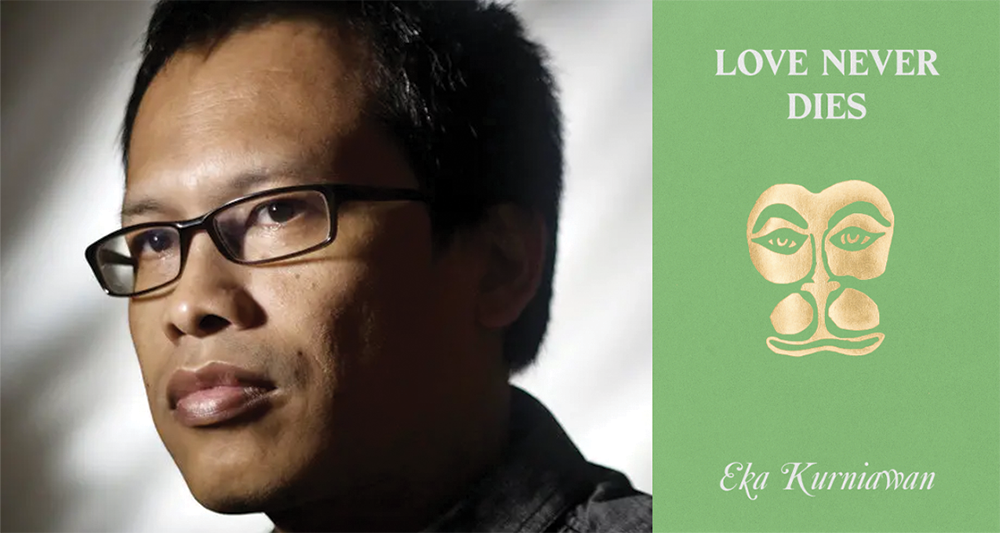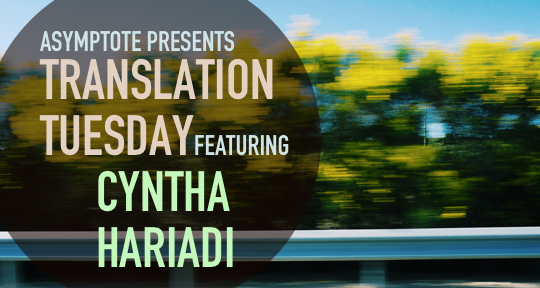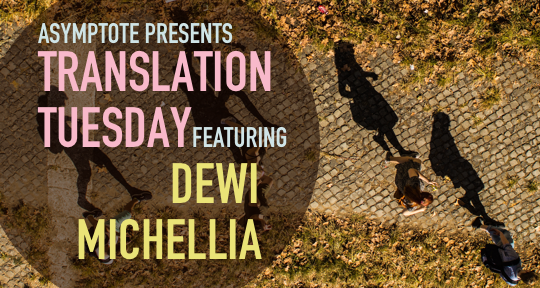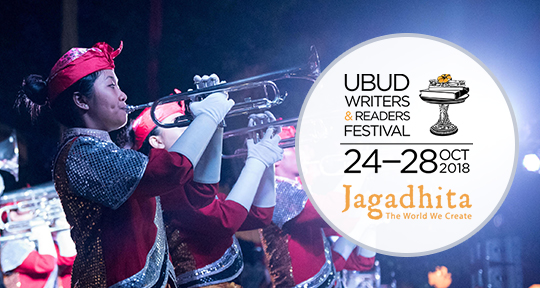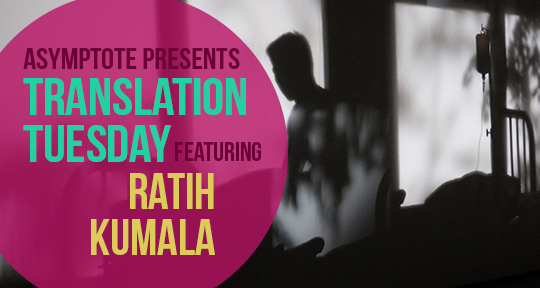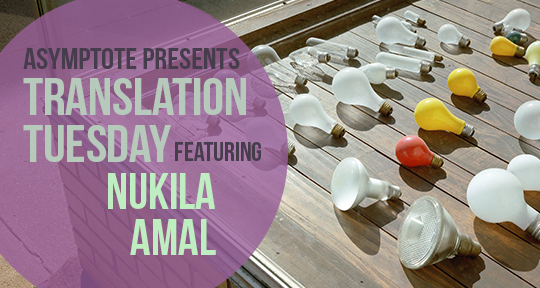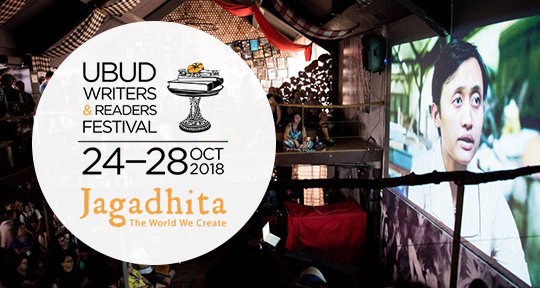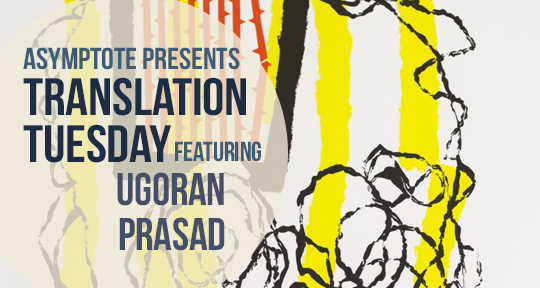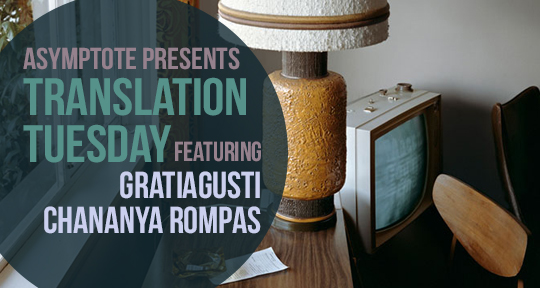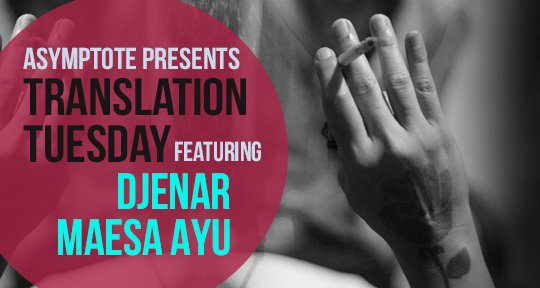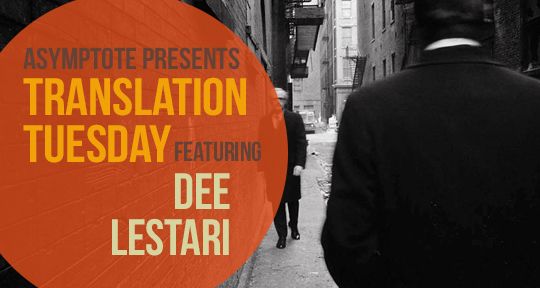Love Never Dies by Eka Kurniawan, translated from the Indonesian by Annie Tucker, Hanuman Editions, 2025
The Indonesian writer Eka Kurniawan has been prolific in the novel form, having looked at the forces that negate death in Beauty is a Wound, translated by Annie Tucker, and the forces that create death in Man Tiger, translated by Labodalih Sembiring. However, while working on his third novel, Vengeance Is Mine, All Others Pay Cash (also translated by Tucker), the gifted author published two collections of short stories—the second of which begins with the novella Love Never Dies. Stripped of its surrounding stories, this novella is now appearing in English as a standalone volume.
Perhaps the choice to publish Love Never Dies separately was a choice made by Tucker, Kurniawan’s long-time translator, or perhaps by the publisher, Hanuman Editions—but either way, the text now appears more important in its English edition, as a volume on par with Kurniawan’s novels and a distinct step in the author’s career. Indeed, Love Never Dies should be considered as such. It cleanly synthesizes the themes of Kurniawan’s first two novels, determining that the forces creating and negating death are the same thing, and names that force “love”—or specifically, a man’s love toward a woman. From the first pages, it will be clear to any reader familiar with Kurniawan’s work that Love Never Dies is in conversation with its predecessors; Mardio, the seventy-four year old protagonist, seems to recall Margio of Man Tiger, and although the characters are different, the association between their names hints at the former’s future, and the murder predestined to take place at the novella’s end.

